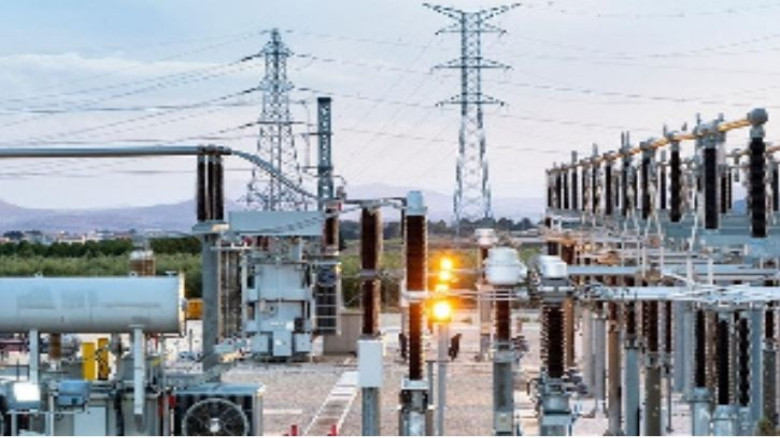Debt Restructuring: Government turns attention to US$1.3 billion owed IPPs
Government has assured Independent Power Producers payments (IPPs) that it is undertaking the required measures to tackle outstanding payments owed to it – which stood at US$1.3billion at the end of January 2023 – as part of its external debt restructuring process.
This, it says, is aimed at enhancing the sector’s efficiency and preventing an accumulation of arrears in future.
In a bid to generate adequate funds to meet obligations stipulated in the Power Purchase Agreements (PPAs), the Public Utilities Regulatory Commission (PURC) implemented a series of measures. These include a tariff increase of 27 percent last September 2022 and a quarterly tariff adjustment in first-quarter of the year, resulting in a 29.96 percent tariff increase to mitigate forex losses and inflation.
The Cash Waterfall Mechanism (CWM), which distributes revenues to various players in the power sector, also underwent a review that led to inclusion of the Volta River Authority’s revenue stream. Additionally, PPA renegotiations with IPPs were initiated to restructure the agreements and reduce power generation costs.
In a statement released by the Ministry of Finance, government expressed its commitment to restoring financial sustainability for the entire power sector value chain.
The statement read: “In respect of the arrears, government will engage with IPPs under the ongoing debt restructuring exercise, with a view to restructuring the arrears in a manner consistent with government’s debt targets of 55 percent net present value (NPV) of debt-to-GDP and external debt service ratio of 18 percent to revenue by 2028, among others, to achieve a moderate risk of debt distress under the IMF-WB Low-Income Countries (LIC) – Debt Sustainability Analysis (DSA) framework”.
Meanwhile, the CWM under the Energy Sector Recovery Programme will continue making payments to the IPPs in order to improve liquidity in the sector and help cover ongoing operational expenses, it added.
The ministry also highlighted the recent announcement of an external debt payment standstill and the Domestic Debt Exchange Programme (DDEP), which was settled on February 14, 2023 as part of efforts to address the outstanding debt obligations.
Earlier, the Institute of Economic Affairs (IEA) had called for renegotiation of IPP’s agreements, saying such an arrangement could potentially lead to as much as GH¢12billion being saved annually between now and 2026 – aiding government to achieve fiscal sustainability.
“We start from the expenditure side, where there has always been room to make savings… Classified under ‘other expenditure’ in the 2023 budget, this item is said to represent payments to IPPs, some of which fall under the famous ‘take-or-pay’ PPAs,” the IEA said in a commentary on the nation’s debt restructuring.
“The payments range from GH¢22.9billion to GH¢26.1billion in the period from 2023 to 2026, averaging about GH¢24billion annually. In the spirit of burden-sharing, we propose that these contracts be renegotiated to reduce the annual payments by at least half and extend the repayment period. This will make ‘savings’ of at least GH¢12billion a year,” it added.
At the time of going to press, representatives of the IPPs had yet to formally communicate their reaction to the finance ministry’s statement.
Source: thebftonline.com











Leave A Comment